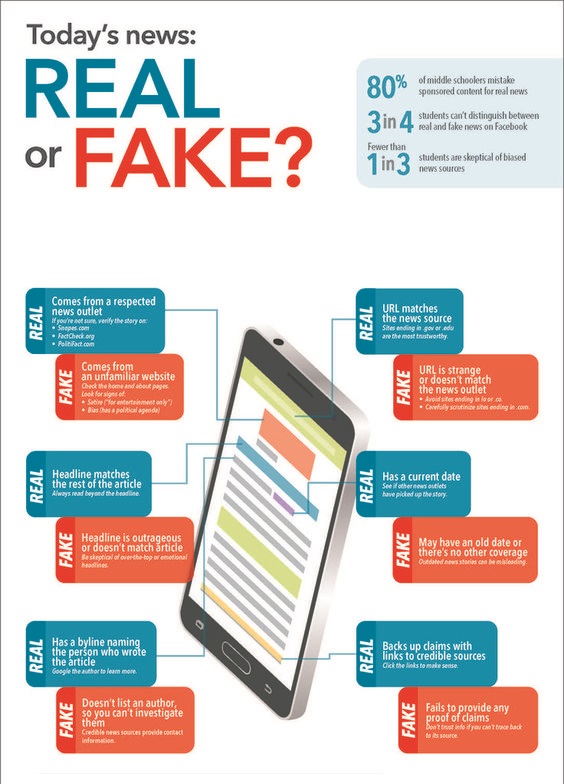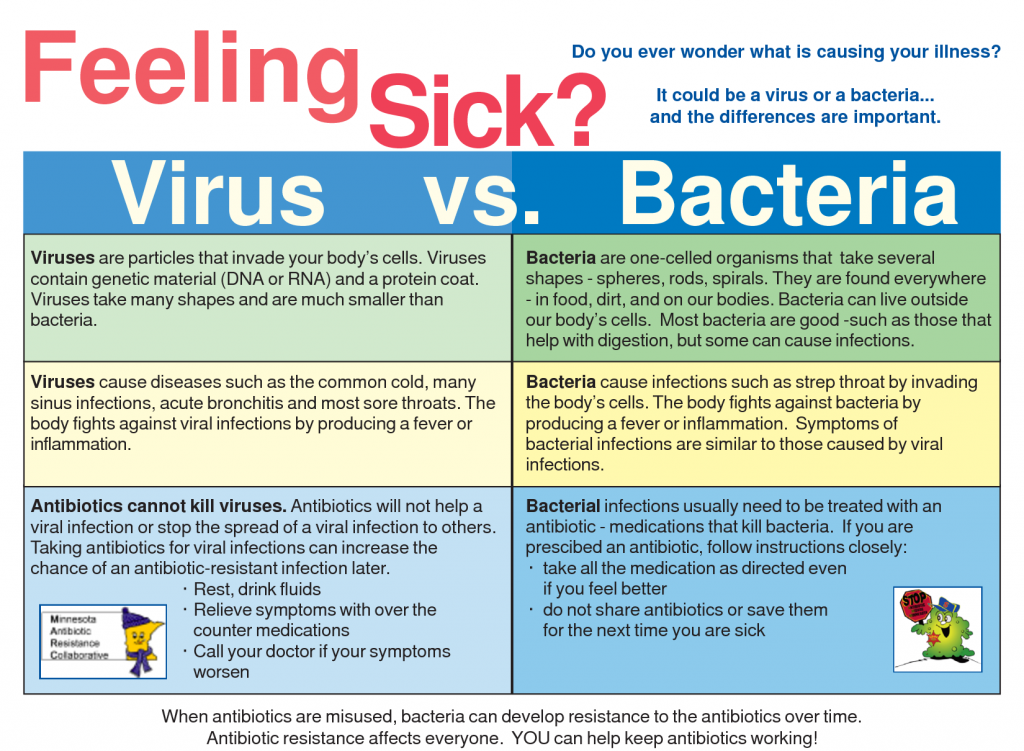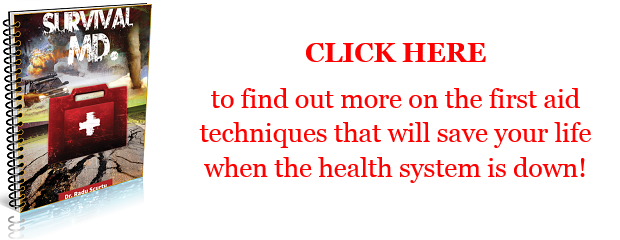The Coronavirus, more properly known as COVID-19, has become a smash hit.
People around the world are concerned about the effects of this dangerous disease, causing it to dominate news reports and websites on every side. There’s a thorough mixture of uninformed medical suggestions, misinformation, and political pontification, all intended to obscure the truth and lead us down some rabbit hole or other.
A lot of this is led by media cheerleading, which has sensationalized the disease, even going so far as to make it sound like a reoccurrence of the Spanish Flu or the Bubonic Plague. And while there is cause for concern, the hype seems to make coronavirus more dangerous than the Ebola outbreak of 2014.
Just to get things straight, Ebola has a mortality rate of 90%, while the “official” mortality rate of COVID-19 is hovering around 2%. But that’s not totally fair, as the disease doesn’t have a long enough history to develop an accurate mortality rate. Still, if you look at the numbers from the 90,933 total reported cases, you see that there have been 48,177 people who have recovered, while only 3,119 have died. While 3,000+ deaths is a tragedy, it’s not anywhere near on the order of that which Ebola would cause. A little quick math shows us that the actual mortality rate for COVID-19 is running at roughly 6%.
Why so Much Hype?
Granted, a mortality rate of close to 6 percent isn’t something we should ignore. I’d rather not play those odds with my life, thank you very much. We need to be aware that the coronavirus exists and we need to prepare for its eventual arrival here at home.
Even the CDC is telling us that. They’ve recently come out saying that “it’s not a matter of if the COVID-19 pandemic strikes here at home, but when.” Along with that statement, they are making recommendations as to how we should be preparing, in case a “voluntary quarantine” is called. I trust the CDC on that and am taking the right precautions.
But that’s not quite the same as what we’re hearing from the majority of the media. If you listen to a lot of the hype going on, the CDC is totally unprepared to deal with the coronavirus; Trump has cut their funding, and the disease is going to kill millions of Americans before the CDC can do anything. Where is this narrative coming from? It’s apparently not coming from the CDC.
I’d say there are probably two answers to that question. The first one is the media itself. Ever since November 8, 2016, the mainstream media has been hard at work to destroy the president. One of the nation’s major newspapers even went so far to say that the race to impeach Trump was underway; and that was on inauguration day, January 20, 2017, just a few minutes after he took his oath of office.
Well, the Democrats have taken their best shot at impeaching the President and they’ve failed. That means it’s time to pivot to something else, right? So, lo and behold, along comes the coronavirus, giving the media something to talk about. That’s a lot more interesting than talking about a failed impeachment attempt, one that makes their side look bad, instead of tarnishing the president’s reputation.
Besides, news reporting has been replaced in the modern newsroom. Now it’s all about the commentary; how they can spin the story. And the coronavirus gives them a new story to spin, as they try to blame the president for it and point out how he isn’t doing what they think is the right thing.
That’s where his political opponents come in. After all, it’s an election year, and the Democrats really don’t have much of a platform to run on. That is, unless you consider “Hate Trump” to be a platform. Since they don’t have anything to offer, other than promises of “free stuff,” which they’ll raise all our taxes to pay for, their many campaigns seem to be focused on trying to verbally destroy Trump, in between those promises of free stuff, of course.
The main thrust of this smear campaign has been how Trump has cut funding to the CDC and that there is nobody at the federal level coordinating our response to the disease. Nothing could be farther from the truth; the CDC’s funding has not been cut and the plans for dealing with an epidemic were developed long before Trump was voted into office and are being put into effect by the appropriate government officials, mostly from CDC.
But don’t trust my word on this; it’s AP, the Associated Press, fact-checkers who have looked into this. They’re the ones who are claiming that Democrat’s seeking the presidential nomination is lying. They’re the ones saying that this is being turned to political ends. But then, what else should we expect from the party that says “never let a good crisis go to waste.”
So now the stock market is crashing, at least in part due to the coronavirus scare. Apparently the Democrats are willing to help the economy crash, due to misinformation about the coronavirus, if that will help them defeat Trump in November. Talk about misinformation; that takes the cake.
The Spread of Bad Medical Information
It’s not just the mainstream media who are spreading false information around. Sadly, there are plenty of people in the blogosphere who are passing around false information about the coronavirus and how to deal with it. Much of this information is inflammatory as well, making the virus seem much more deadly than it is.
We all need to take a step back and make sure that the information we’re receiving about this deadly disease is accurate information. How do we do that? By making sure that we’re receiving it from authority medical sites. If you don’t know where else to go, go to the CDC’s website and see what they say. They’re the authority, not Bubba that has a blog.
What’s worse than the bad information about how serious the disease is, is the misinformation about how to protect yourself from catching the disease. At the moment, there’s much more reason to be concerned about catching the flu, than there is for the coronavirus. That’s not saying that things won’t change though. As I mentioned earlier, the CDC is warning that the coronavirus is on its way; it’s just a matter of when it will be something to become concerned about. We’re actually not there yet.
Currently, there are a total of 60 total cases here in the United States, of which only one is considered critical. Six of those people have already recovered from the disease and the other 54 are in various hospitals, receiving treatment, while at the same time protecting the rest of the population from becoming infected. Until we get to the point where we have people walking the street who are infected and thereby infecting others, we really don’t have much to be concerned about.
When that time comes, we’re going to need to be concerned. We will need to take the proper precautions to make sure that we don’t catch it. Those precautions, by the way, are the same sorts of precautions we should take to protect ourselves from the flu. Both are viruses, with roughly the same infection rate; so what works for the flu, will also work for the coronavirus.
Maybe that’s good, as we can use the flu season to practice protecting ourselves from COVID-19. Then, when the time comes, we’ll know what to do.
How to Protect Yourself
Both the flu and coronavirus are transmitted by what is known in the medical community as “aerosol.” Put into layman’s terms, that means droplets of spittle which are expelled when we cough and sneeze. These droplets normally contain bacteria and viruses, especially when we are already sick. Depending on the force of that cough or sneeze and the size of the individual droplets, they can travel six to eight feet, with the possibility of the smallest droplets making it as far as 12 feet, if they catch a good tailwind. No matter what, they all eventually fall, landing on something.
This is where the greatest danger is. Those droplets can land anywhere and most are so small that we can’t even see them. Yet they can contain thousands of individual viruses. Then, when we touch those surfaces, we pick the viruses upon our hands.
Unlike bacteria, viruses don’t need a moist environment to survive. Bacteria in those droplets will probably die, once the water in the droplet vaporizes. The water contained within the bacteria will gradually seep out through the semi-permeable membrane that forms the “skin” of the bacteria until there isn’t enough water inside to support life. But a virus doesn’t have any such membrane and doesn’t contain water. So, while it might be in that droplet of spittle, it doesn’t need that moisture to survive.
What happens to the virus on our hands? That depends on what we do. If we go from there to our favorite hamburger joint and forget to wash our hands, those viruses get a free trip into our bodies, where they can start multiplying and infecting us. The same can happen if we rub out eyes, pick food out from between our teeth or pick our noses.
Of course, if we wash our hands, there’s a good chance that we’ll get most of them off, flushing them down the drain, eliminating the number one way that people get infected. In that case, chances are much better than the few virus strands that make it into our bodies will be overcome by our immune systems and we won’t ever know they were there.
The other way that aerosol affects us is if we are close enough to an infected person so that when they sneeze or cough, we actually breathe in some of those droplets. This brings the virus directly into our lungs, where it can attack them directly; hence the name “respiratory disease.”
This is another place where people are hyping things up, talking about the need for masks to protect them from the virus. But the wrong sort of mask isn’t going to do the least bit of good. If you’re going to get a mask, make sure you get one that will help you.
Medical Masks and Respirators
Unbeknown to most people, medical masks don’t do a thing to protect doctors and other medical staff. Rather, they exist to protect the patient from becoming infected by the doctor. The typical surgical mask is there to absorb drops of spittle from the person wearing it, not to prevent them from breathing in droplets that come from others.
Then there are the cup-shaped hard paper masks, made of a filter paper. These can provide a little bit of protection for you if they fit your face perfectly. But they really don’t work well if they don’t fit. So, men with beards or people who don’t get them tight enough really aren’t accomplishing anything to protect themselves.
Many types of respirators and even gas masks are designed for dust protection, rather than virus protection, especially those used in the industry. But there’s a huge difference between keeping dust out and keeping biological agents out. Dust particles are thousands of times the size of a virus.
For that matter, gas masks are designed to trap chemicals, not biological agents. Just because their filters can capture gas vapors, doesn’t mean that they’ll do anything against a virus… or a bacteria, for that matter. The right kind of filter has to be used with the right kind of mask.
So, what’s the right kind of filter? What you need is something that is rated N95 or N99 for “organic vapor.” That’s the key. Put simply, the N95 rating means that the filter will block 95% of all organic agents (biological agents), while the N99 rating stands for 99%. Stating that it is for “organic vapor” means that it is good for dealing with organic matter. Most filters don’t have these ratings.
Please note that these filters have an expiration date that should be followed. They don’t last forever, either when you are using them or sitting on the shelf. They are an expendable item and should be treated as such.
You need the right sort of mask to go with the cartridge too. Most “gas masks” are actually made of fairly hard rubber, making it hard for those masks to conform to your face. While they will work, the mask doesn’t allow you to breathe out any viruses, because they don’t have an effective exhaust valve. You’re better off with a soft one, which will work well for breathing in and out.
Be careful what you’re reading and accepting. Make sure you’re getting the right information. Your life could depend on it.

























































































hi. ive been watching this since feb. David hodges commonsense show, hal turner,mike addams at natural news has been on point. this is serious and the CDC has been keeping it from the people. yes,
trump is being accused and given misinformation. . Take hawthorne to increase the immune along with vti. c
This was excellent information, common sense and without hype. Thank you for taking the time to share this.
For now, I’m living in the armpit of the left coast, about twenty miles from Evergreen Hospital. What I’m doing about being at ground zero is simply what I always do: focus on staying healthy. Viruses adapt even faster than bacteria to environmental stress (vaccines) so I trust Big Pharma to come up with a magic bullet about as far as I can spit into a hurricane. Diet and lifestyle are key, but I emphasize building my immune system over trying to sterilize my environment. I compare it to growing plants outside versus in a greenhouse; the outside plants will survive stresses that will kill greenhouse plants almost immediately. I am starting to research essential oils for immune support and have found that there is a LOT of solid evidence for this, just not in this country. Yes, I have a stash in case I have to bug in. It’s not as much as I’d like, but I could last out a quarantine.